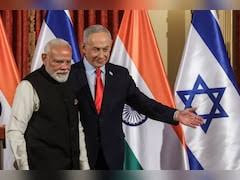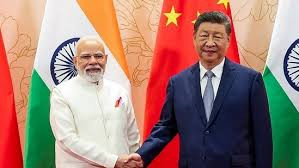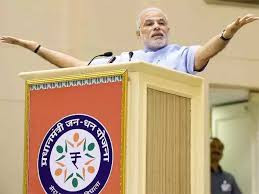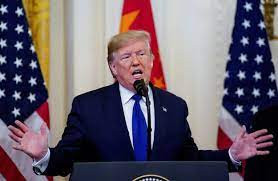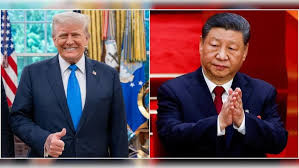Justice Delivered Across Borders: The Extradition of Tahawwur Rana and the Pursuit of Closure in the 26/11 Mumbai Attacks

IIE DIGITAL DESK :major development that resonates far beyond diplomatic corridors, the impending extradition of Tahawwur Hussain Rana to India marks a significant step toward justice in one of the most horrific terrorist attacks in recent memory — the 26/11 Mumbai attacks. This move not only underscores the power of international cooperation in combating terrorism but also reaffirms India’s persistent efforts to bring every conspirator of that deadly siege to justice, regardless of time or geography.
Tahawwur Hussain Rana, a Pakistani-origin Canadian businessman, has been under legal scrutiny for his alleged involvement in aiding and abetting the Lashkar-e-Taiba operatives who carried out the Mumbai attacks in 2008. Those attacks left 166 people dead, including several foreign nationals, and deeply scarred the collective psyche of the Indian nation. The horrors that unfolded over four days — targeting hotels, railway stations, and a Jewish center — were a chilling reminder of the scale and audacity of cross-border terrorism.
Rana’s arrest in the United States in connection with a separate terror plot targeting Denmark had already revealed his proximity to terror networks, particularly his close ties with David Coleman Headley, a key figure in the planning and reconnaissance for the Mumbai attacks. Despite his earlier acquittal by a U.S. court on charges specifically related to the 26/11 attacks, India remained undeterred in pursuing justice. Its extradition request, backed by detailed dossiers and diplomatic engagement, has now finally been honored by the U.S. authorities, signaling a victory for cross-border judicial collaboration.
The decision to extradite Rana is not merely a legal step—it is an emotional and moral milestone for the families of those who lost their lives in the 2008 attacks. For them, each arrest and each court trial rekindles a longing for justice and closure. While Ajmal Kasab, the lone terrorist captured alive, was tried and executed, several masterminds and facilitators remain at large, many shielded by geopolitical complications. Rana’s extradition symbolizes a breach in that wall of impunity.
India’s law enforcement agencies, particularly the National Investigation Agency (NIA), have been preparing extensively for Rana’s arrival. He is expected to face trial under Indian anti-terror laws, and authorities hope his interrogation could yield valuable intelligence about the broader conspiracy, potentially helping identify more co-conspirators and strengthening the overall case against terror networks operating from across the border.
This development also sends a strong message internationally—that democratic nations are increasingly willing to cooperate and prioritize the global fight against terrorism over political considerations. The United States, by approving the extradition, has demonstrated its commitment to a rule-based order and justice for terror victims, reinforcing its strategic ties with India in the realm of security and counter-terrorism.
The extradition of Tahawwur Hussain Rana will not erase the pain of 26/11, but it does represent a crucial step in holding accountable those who facilitated that barbaric act. It also highlights the perseverance of India’s justice system and its determination to not let time dilute responsibility. Even 16 years later, the scars of Mumbai remain fresh in public memory, and this move brings a measure of relief that the wheels of justice, though slow, have not stopped turning.
As India prepares for the legal proceedings ahead, the global community will be watching closely. The case against Rana could pave the way for renewed pressure on Pakistan to act against other fugitives of the 26/11 case, especially those still living under state protection. True justice will only be achieved when the entire web of perpetrators and enablers is dismantled, one name at a time.
You might also like!



